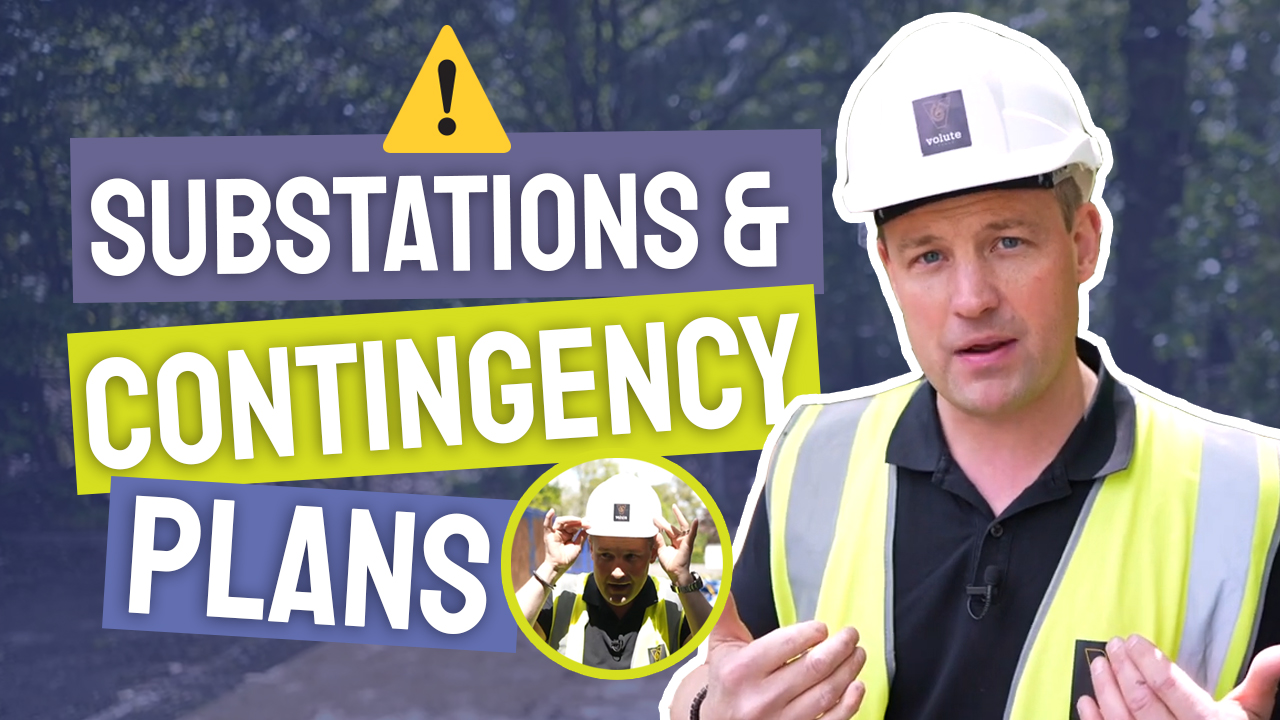Working in property development means no two days are ever the same! This is one of the best parts of the job, but it is also the reason why contingency planning is hugely important to any successful project.
Financial contingencies are one aspect but don’t forget to consider time. Running late on property development projects has contractual and financial implications, so you want to make sure right from the start that you have those covered. Watch my latest video on this topic.
How Much Contingency Is Enough?
Having a contingency budget is important. How much you need to set aside on top of your existing budget will differ between individual developments. On a large site, with a well-defined plan and a team that knows each other and has worked together before, around 5 to 10% of your overall budget should be sufficient.
Your quantity surveyor really is the most important person for the project in this respect. They will estimate what each aspect of your development is likely to cost. This estimate becomes the basis of your budget.
Negotiate Well
Being a tough negotiator does not mean you don’t want to pay what something is worth. Negotiating is about finding a deal that works for your suppliers and your project.
Here is an example: in one recent development we had budgeted £4 million with a £200,000 contingency. We knew that we needed to build an electrical substation to ensure there would be enough power to support the development. The quantity surveyor estimated a cost of £50,000 which was part of the budget.
We were a bit surprised when one local contractor quoted £130,000 – nearly three times our estimate. Knowing that our quantity surveyor is usually right on the money (pardon the pun!), we set about negotiating. The result? The substation cost £67,000 in the end. The contractor felt they could build it and make money at that rate. We had gone over budget and into our contingency, but that’s exactly what a contingency is for.
Keep Track Of Time
Just as you are budgeting your project costs, you need to budget your and your team’s time. Throughout property development projects, there may be snags that take a couple of days to sort out. In some cases, you need to renegotiate contractual details with a supplier.
Hopefully, your original plan was realistic and any of these hold-ups are minimal. If they are not, they can derail an entire project with huge financial and logistical implications.
Conclusion
Even if you are working with your dream team and have a well-planned project in front of you, a realistic contingency plan can be a lifesaver. Allowing additional budget and time goes a long way towards making your property project a success.
If that all sounds a bit daunting, don’t be afraid to ask for help! Book a mentorship call today to move your development site forward quickly and timely and maximise returns.
